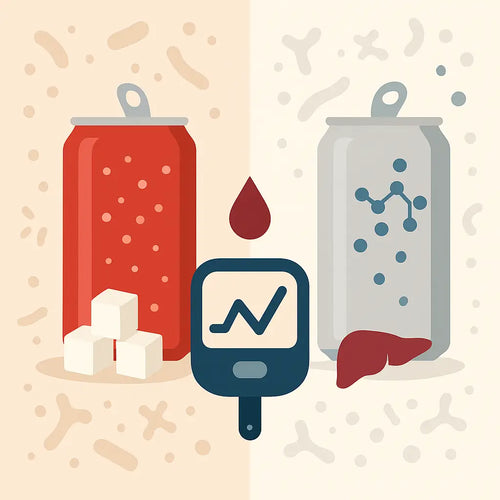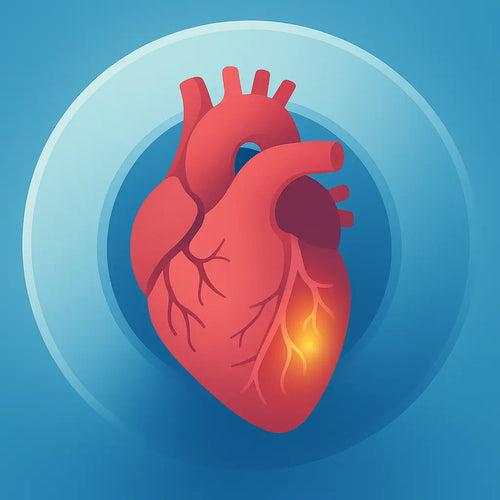Dementia and Alzheimer’s disease are rapidly increasing worldwide.
While we don’t know everything about the causes for these conditions, research has documented several reasons and risk factors involved.
I will go through these risk factors and explain what you can do to help prevent memory loss and Alzheimer’s as you get older. The sooner you use the research available and implement these suggestions, the better off you will be.
If you have followed what I have written about reasons for chronic conditions, you have probably seen a pattern. I have systematically showed you what research has documented, and the reasons involved turn out to be the same. This actually makes things easier, as you will see improvement in several areas when you start to implement these recommendations.
Vascular impairment is also one of the reasons for cognitive impairment and Alzheimer’s disease (Gorelick PB, et al. 2011).
This should not be a surprise since every tissue in the body needs proper nutrition, and without a healthy vascular system the nutrient and energy supply to the tissue will be compromised. The brain uses a lot of energy and when you get deposits in the vascular system (endothelial dysfunction), your memory will also be affected.
It is interesting that saturated fat and trans fat have been associated with an increased risk for Alzheimer’s disease (Morris MC, et al. 2003).
Persons in the upper fifth of saturated fat intake had 2.2 times the risk for Alzheimer’s disease compared to persons in the lowest fifth intake. For the intake of trans fat starting with the second fifth intake, the risk increased 2.4 times.
Research has also associated higher intakes of these fats to vascular impairment. On the other hand, monounsaturated and polyunsaturated fat from vegetables were found to decrease the risk for Alzheimer’s.
Good sources of vegetable fat are avocados, nuts and seeds. Vegetable fat also acts as an energy source for the brain in addition to glucose.
The first thing you should do is to adjust your diet so it will provide you with high nutrient, low glycemic index food, including healthy fat.
Learn to Eat:
Recommendations that work. This is not a regular diet program.









